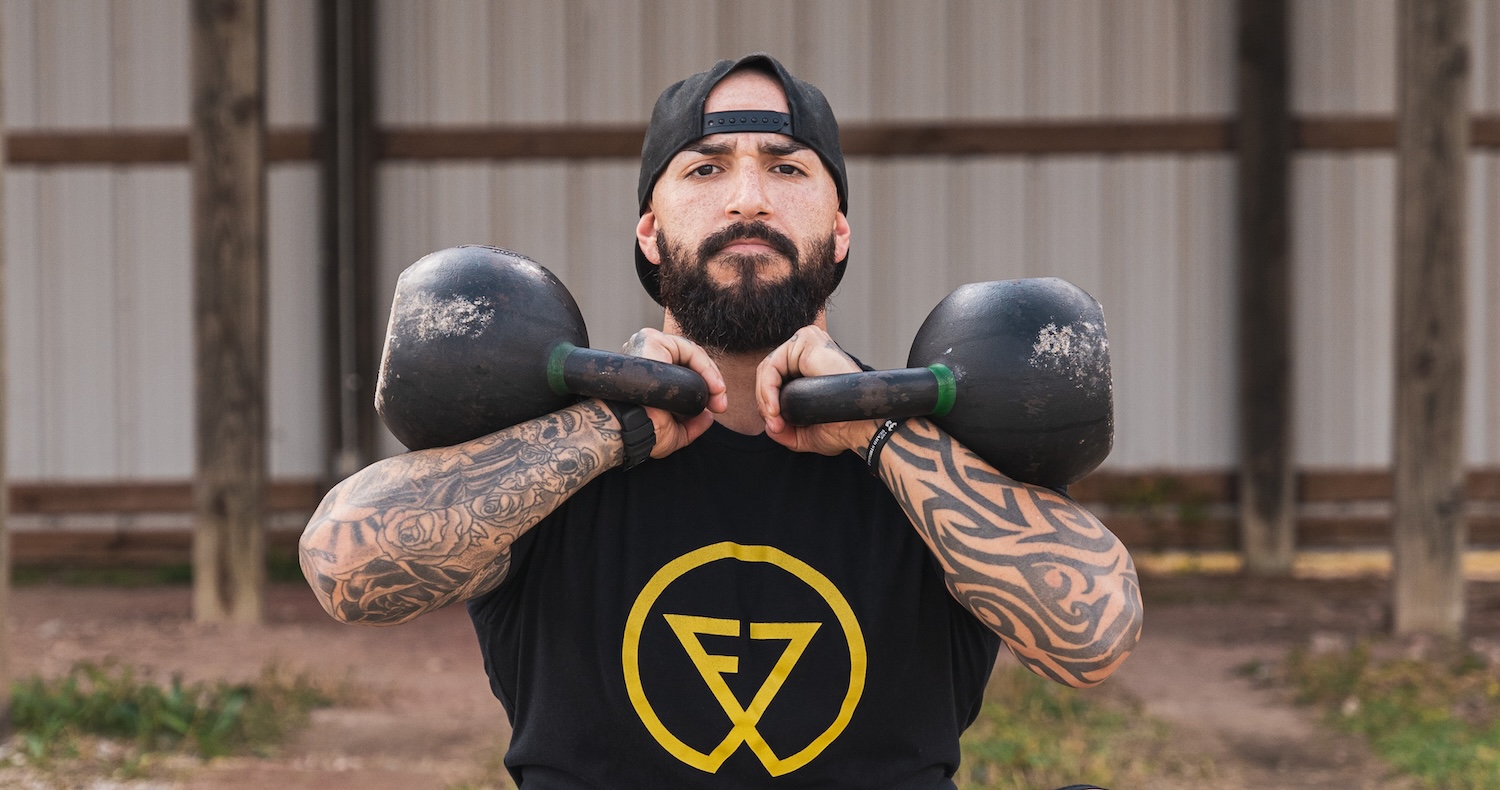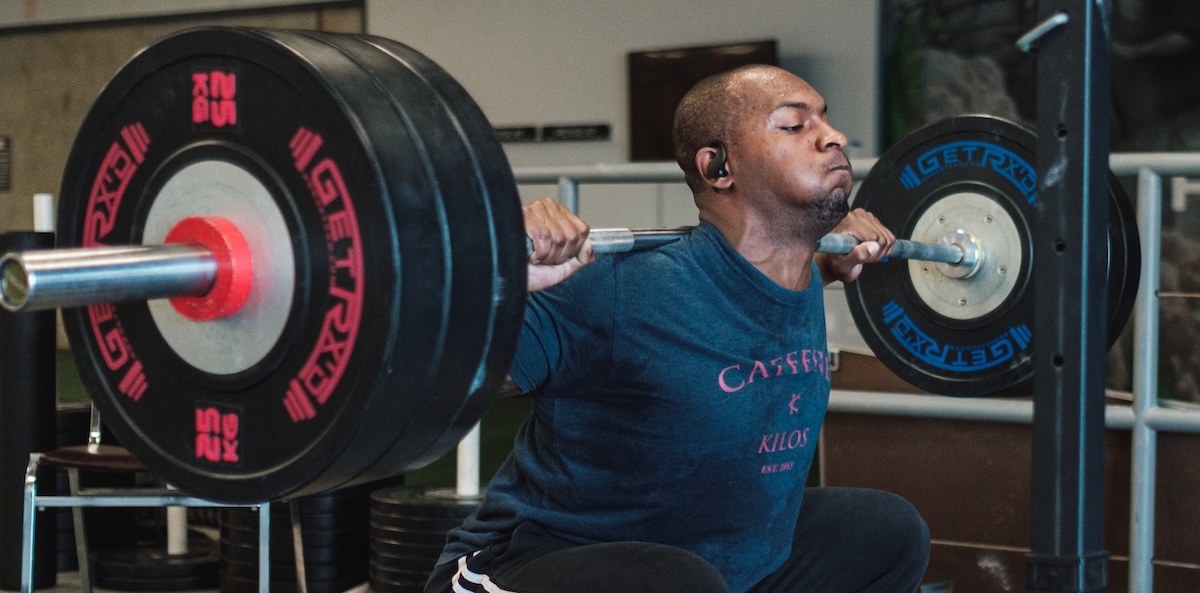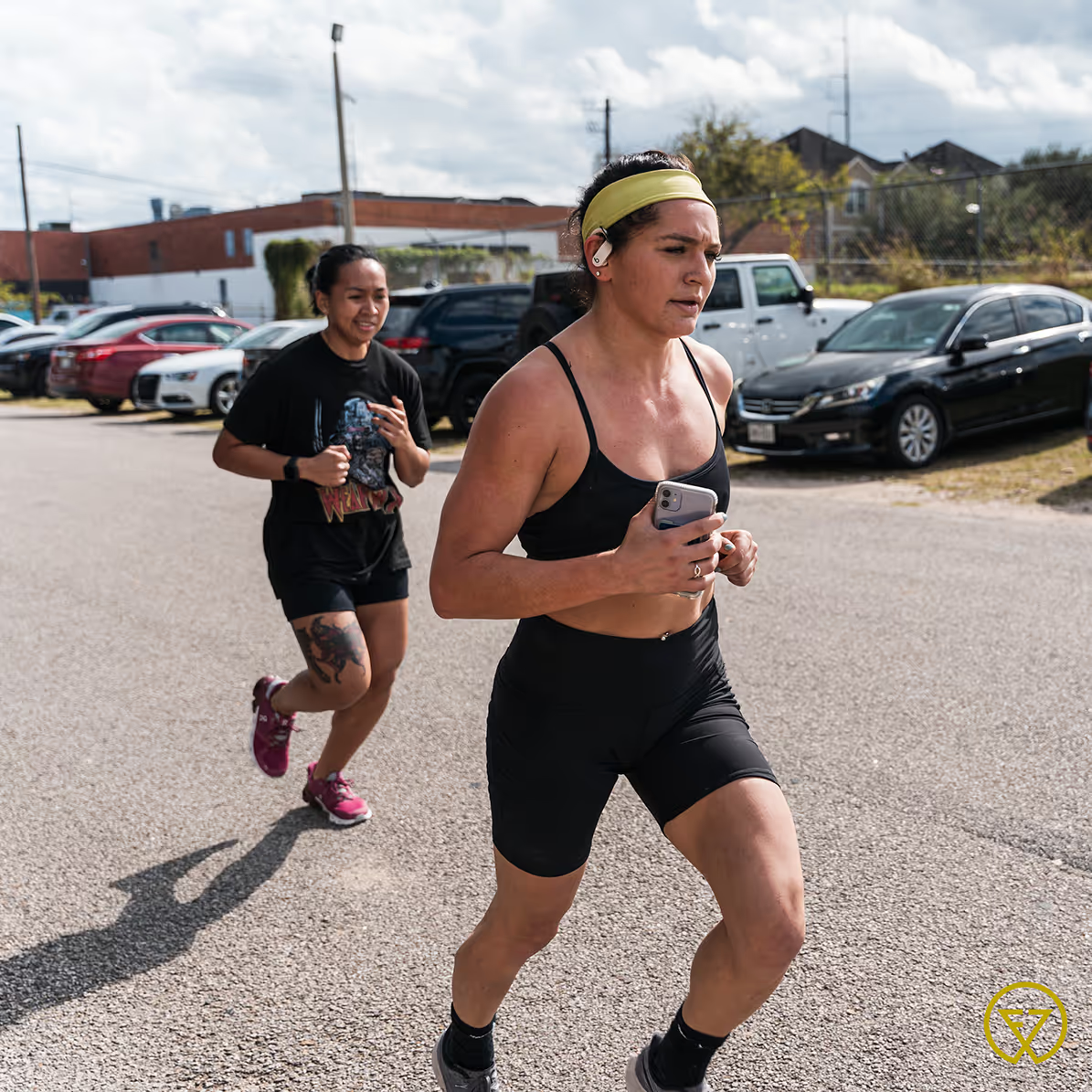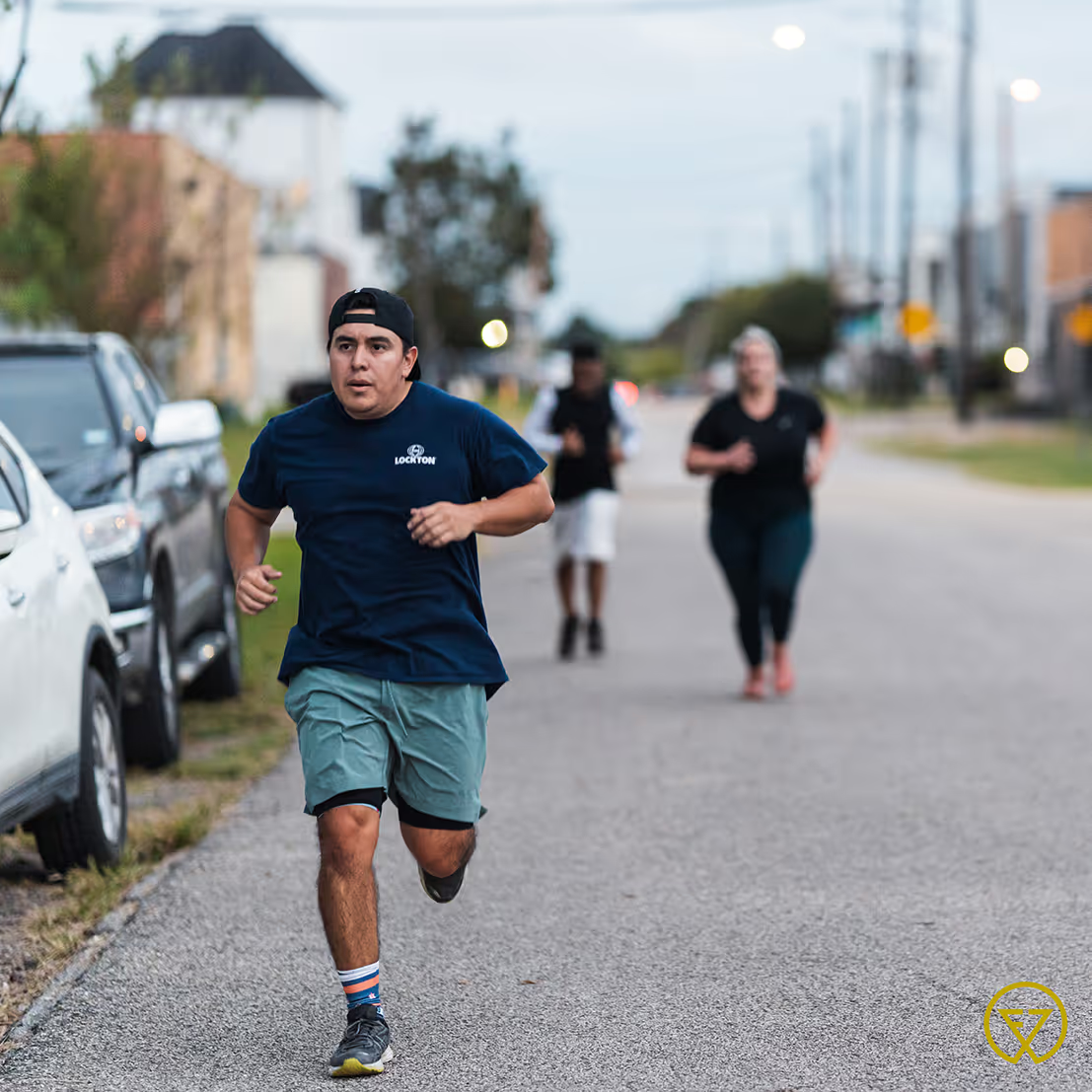How to handle the heat of summer running
If you feel sluggish, inflamed, numb, disconnected, who’s really in control?
THINK ABOUT IT...
You’ve been conditioned to think about your body as something mechanical, as an object to drag through the day- something to push, fix, punish or decorate…
But never as sacred…
Never as intelligent… as a vessel of Divine intention.

The ancients knew this. The body was never a burden, it was a temple. Not just in theory, but in function.
Every breath you take, every cell in your gut, every spark in your nervous system, it’s all part of a living code designed for perception beyond the 5 senses. But the modernism of the recent centuries is teaching you constantly to ignore it.
Start with the gut.
The gut produces more neurotransmitters than the brain, it’s your second brain, regulating your mood, your energy, and your spiritual receptivity. Yet it’s constantly under attack.
Pesticides, processed foods, antibiotics, synthetic preservatives, all designed not just to destroy gut flora, but to destroy our capacity to feel clearly. When your gut is compromised, your mind is clouded. When your digestion is inflamed your thoughts are unstable.
Those in the “remedy” business don’t want you to be sharp, focused, and intuitive… they want you bloated, distracted, emotionally volatile, and they’ve engineered the food system to be sure.

But it’s not just the food. It’s your water, your air, your light.
Tap water filled with endocrine disrupters. Air saturated with industrial toxins. Artificial light that scrambles your circadian rhythm and drains your life force. And through it all you're told this is normal, you're told to adapt. To medicate. To caffeinate. To carry on. And when your body starts breaking down they offer pills instead of root solutions.
They give you diagnosis after diagnosis but never ask the real question -
what are you feeding the instrument of your divinity?
That system doesn’t profit from your clarity…it profits from your chaos.

This is why healing your body isn’t just a wellness trend.
It’s an act of Rebellion.
It’s the foundation of awakening.
Your consciousness can’t fully rise in a body that’s drowning in inflammation, toxicity, and fatigue.
You can’t connect to the Divine when your nervous system is in survival mode. You can’t remember who you are when your cells are constantly battling the poisons of modern life.
Liberation isn’t only mental, it’s cellular. And every choice you make, every meal you eat, every breath you take is either feeding your awakening or feeding your suppression.
And here’s the real breakthrough.
Your body wants to wake up. It’s always communicating. Always recalibrating. Always moving towards healing when you give it even half a chance. And when you start treating it like the intelligent energetic vessel it is, everything shifts. Your thoughts clear, your emotions balance. Your intuition sharpens. That’s not a coincidence. That’s coherence.
That’s not a coincidence. That’s coherence.
The state where your body, mind, and spirit align into one unified field. That’s when you stop living from your head, and start living from your whole being. That’s where awareness stops being a concept, and starts becoming your baseline.
Most coaches bypass this.

They tell you to rep your problems away while still eating food that numbs your senses and scrolling until your dopamine is fried. But you can’t hack your way to awakening. You have to live it, feel it in your skin. In your gut, your breath. This is true embodiment. Not the aesthetic kind, but the kind that rewires your nervous system and clears the fog from your perception. Because the Divine doesn’t live in the sky or in scriptures. It lives in your blood, your bones, your breath. You don’t have to look outside to find it. You just have to clean the vessel it’s been trying to move through all along.
TAKE BACK CONTROL OF WHO YOU ARE.
Rebel against being blind… Rebel against the leeches of your energy.
Find who you were meant to be.
Find who you are.
We have courses designed to awaken you. Learn the basics of how your body moves.
DISCOVER HOWTake the purple pill and go down the rabbit hole with us. We are here for you, all the way.
TAKE THE LEAPHey Houston runners, summer is here and we know what that means – the challenging combination of running in heat and humidity. Running in summer is a lot more strenuous for your body and can lead to heat-related illness if you’re not careful. Even though it may be frustrating to run at a lower level than you’re used to, it’s a better strategy to train smarter, not harder, during the hot and humid months.
We’ve got some key tips to help you train successfully throughout the heat of summer.
Know your limits in hot weather
High environmental temperatures put extra stress on your body, making it work harder to keep you cool. It will feel harder to work out at the level that you’re used to, which can lead you to push yourself more than you should. The challenge here is to outsmart your brain – Your body will know it’s tired but your mind will tell you to press on. Don’t fall victim to chasing your tail.
If you’re not careful when running in hot weather, you’ll put yourself at risk of heat-related illness, which can include cramps, heat exhaustion, and heatstroke. Other symptoms can include nausea, vomiting, dizziness, headache, and fatigue.
All of this is unpleasant and can even be life-threatening, but heat-related illnesses are preventable, given you take basic precautions. A heart rate monitor can help you avoid overdoing things, particularly if you are a new runner and less familiar with your body’s tolerance to heat. Stay hydrated, and if you do develop heat-related illness symptoms, stop running immediately and lower your body temperature as quickly as possible.
Since your body will be working harder when running in heat and humidity, you should expect to go at a slower pace than you’re used to. Here is a simple test: Try to stay by the Pledge of Allegiance during your next run. If you can’t complete the first sentence without taking a breath, you’re probably overdoing it. Be patient – maintaining your cool-weather performance through the summer months isn’t worth succumbing to heat exhaustion, or worse.
Hydration is more important than ever
It cannot be emphasized enough how important fluids are when running in the heat. You will sweat more as your body tries to keep you cool, so you will need to drink more fluids than you otherwise would.
Remember that thirst is not a good indicator of dehydration: It's possible to be dehydrated without feeling thirsty. So you should make it a point to take in small amounts of fluids frequently before, during, and after a run. The American College of Sports Medicine recommends drinking at least a pint of fluid before exercising. Drink regularly — roughly every 15 minutes — during your run, and then replenish lost fluids based on your sweat rate at around 1 pint of fluid per pound that you lose.
How do you calculate your sweat rate? Weigh yourself before your run and then again after, wiping off as much sweat as possible. For both weigh-ins, you should be wearing as little as possible. Also, measure your fluid intake during the run, and use these three weights to calculate the amount of fluid you’ve lost through sweat. Repeat these measurements on other days to build up a range of results and then calculate an average. (Note: This method provides only a general estimate of sweat rate. For serious training, talk to one of our coaches.)
Your sweat rate will change as you get fitter, so it’s a good idea to keep recalculating your sweat rate as you train. Normal sweat rates during exercise are 0.6 – 1.2 L/hr (20 – 40 oz) for females and 0.8 -1.4 L/hr (27 – 47 oz) for males.
You need to take in more than just water too, especially if you’re going for a long run in the heat and humidity. As you sweat, you lose electrolytes — minerals dissolved in your bloodstream that play a key role in muscle contractions. Loss of electrolytes can inhibit muscle performance. It can also affect the heart, which itself is a muscle, and this can lead to blood pressure issues, fainting, or worse. Make sure to replenish your electrolytes by taking supplements or electrolyte-replacement drinks. We love the simple, effective Nuun Hydration Tablets.
Also, monitor the color of your urine: make sure it is light to clear. If it is dark, then it’s an indication to drink more fluids.
Work smarter by planning ahead
This might sound like common sense, but having a plan for running days, times, and routes will help you avoid overtraining and heat-related illnesses.
Plan the days that you train so can you avoid running during the hottest part. Go early in the morning or wait until evening. Remember to give yourself enough time to hydrate before and after your run. For all the reasons discussed in the previous section on hydration, plan to carry enough fluids with you. This is especially important if you’re going on a longer run. Consider investing in a hydration backpack, or carry a water bottle that is contoured and has a hand strap to make holding the bottle easier.
Choose places that are grassy and/or treed since these will be cooler than amongst buildings and roads. Try to run on the shaded side of streets and paths and remember to run slower than you normally would. Be sure to wear light and breathable clothing (no cotton or dark colors) and don’t skimp on the sunscreen. Wear sunglasses and a hat for added protection from the sun.
Finally, don’t forget to let others know where you are running and when so that if you do encounter any issues, people know where to find you.
Some people thrive in hot weather and perform well in high temperatures. For others, they may experience a decline in performance and motivation. Listen to your body. Overall, the hottest months of the year are not the best times to be doing your hardest work, so plan ahead and be kind to yourself when running in the heat.
Don’t skip the recovery time!
More isn’t always better when it comes to running. This is especially important when running in the heat. Your body expends so much energy keeping you cool, there are fewer resources for muscle recovery. To get the most out of your training, you need to train smarter and let your body repair itself properly.
It may take you longer to recover between runs when it is hot and humid. This is why refueling with vitamins and minerals is so important since your body loses nutrients through sweat. We’ve found that 1 Up Nutrition makes excellent recovery products.
When it comes to complementary exercises, think outside the box and try activities like aqua jogging, or do cross training indoors. Incorporating other types of exercise into your training schedule will help you condition all parts of your body and avoid overtraining your running muscles or other injuries.
It might seem unthinkable to not be running all the time, particularly if you are training for an event. Realize that backing off your hot-weather training will benefit you more than pushing yourself to exhaustion or injury.
Stay cool in summer with smarter training, hydration, and recovery
There really is no secret to successful summer training. It just takes using your common sense, planning, and knowing the limits of your body. Heat, humidity, and their impact on human physiology are no joke, with consequences that can hinder your progress if you don’t take necessary precautions, such as planning when to run and hydrating before, during, and after your run.
Choose quality over quantity when running in heat and humidity to make sure you have a successful summer of training.






